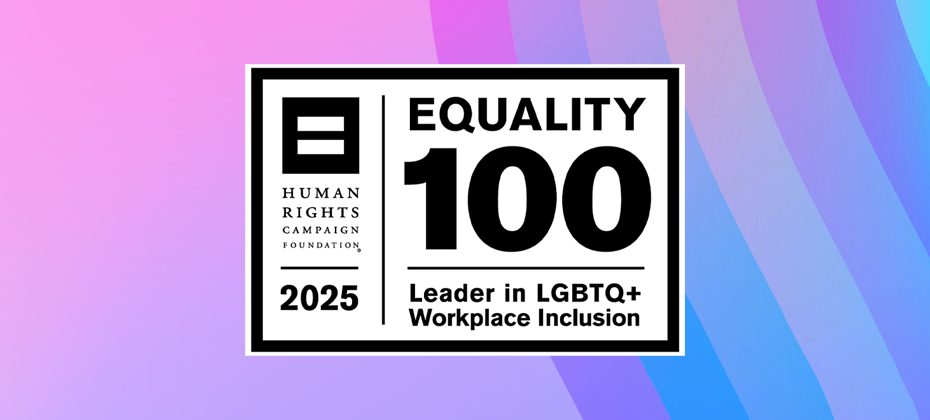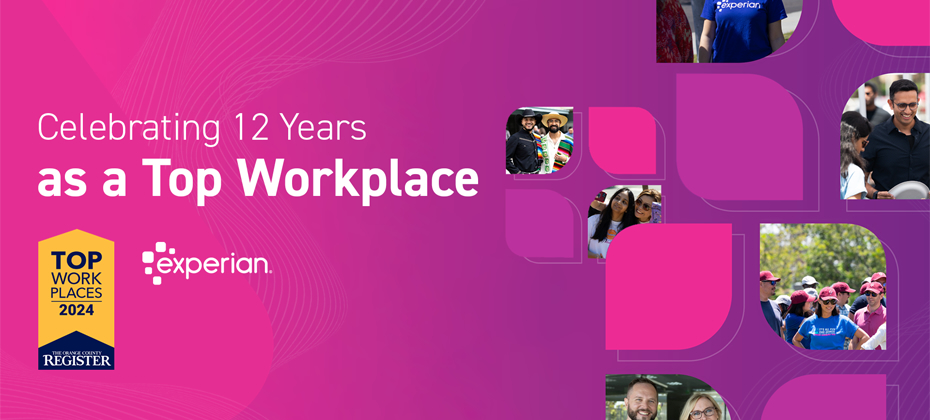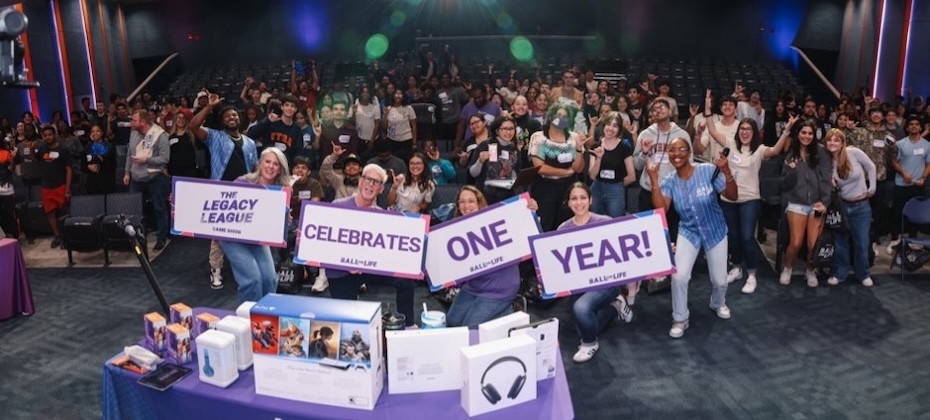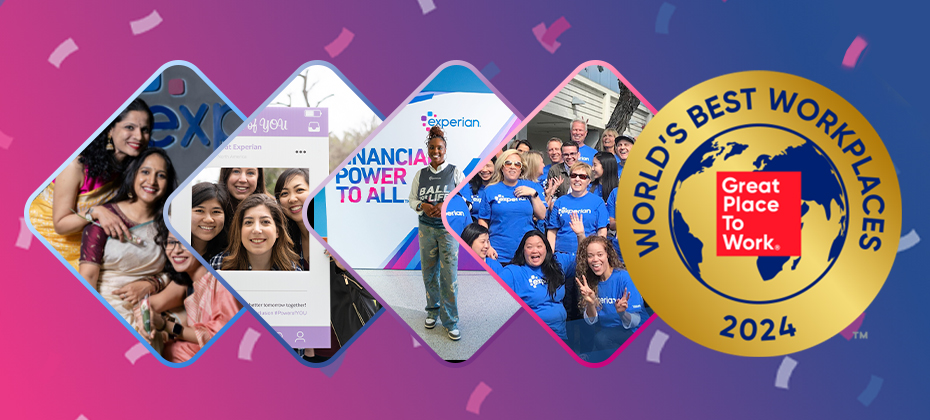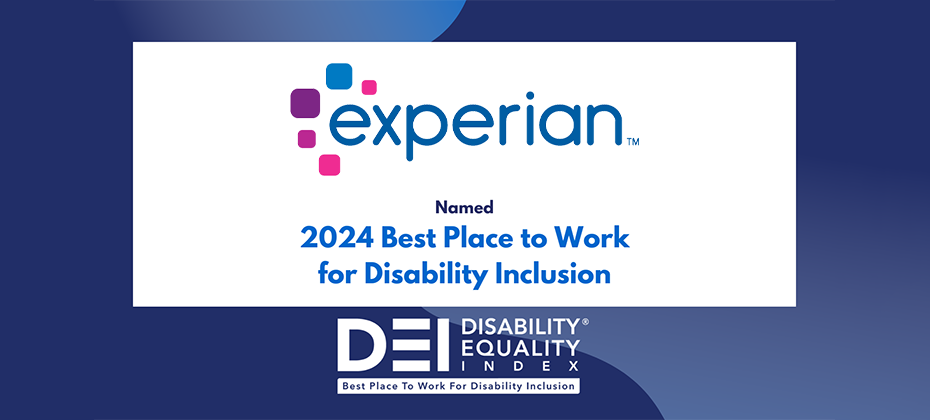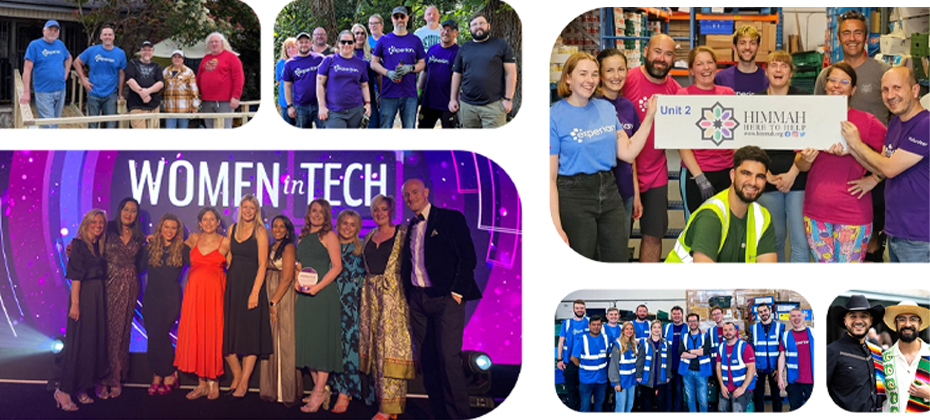At A Glance
At a Glance When an unknown printer took a galley of type and scrambled it to make a type 2ince the 1500s, when an unknown printer took a galley of type and scrambled it to make a type specimen book. It has survived not only five centuries, but also the leap into electronic typesetting, remaining essentially unchanged. It was popularised in the 1960s with the release ince the 1500s, when an unknown printer took a galley of type and scrambled it to make a type specimen book. It has survived not only five centuries, but also the leap into electronic typesetting, remaining essentially unchanged. It was popularised in the 1960s with the releaseince the 1500s, when an unknown printer took a galley of type and scrambled it to make a type specimen book. It has survived not only five centuries, but also the leap into electronic typesetting, remaining essentially unchanged. It was popularised in the 1960s with the releaseince the 1500s, when an unknown printer took a galley of type and scrambled it to make a type specimen book. It has survived not only five centuries, but also the leap into electronic typesetting, remaining essentially unchanged. It was popularised in the 1960s with the releaseince the 1500s, when an unknown printer took a galley of type and scrambled it to make a type specimen book. It has survived not only five centuries, but also the leap into electronic typesetting, remaining essentially unchanged. It was popularised in the 1960s with the release

Given the many challenges presented over the last 12 months, it’s extremely satisfying to have retained our status and I couldn’t be prouder of this achievement. Being certified as a Top Employer showcases our dedication to a better world of work, which has been exhibited through our excellent HR policies and people practices. It’s been a year like no other, and the COVID-19 pandemic, in particular, has been a real test of our business resilience. Hugely challenging for many individuals. I’m really proud of the support we have put in place, helping our people to reach their full potential and remaining true to our values and purpose. We have been determined to ensure that the diverse needs within our workforce are accommodated. Our ability to exercise progressive policies, such as greater flexibility and enhanced wellbeing offerings, has been essential for our people to adapt to a very different way of working successfully. We’ve provided a wide range of resources, including employee assistance programmes, mindfulness training and collaborative technology tooling, to ensure that our people have the relevant support to stay mentally well. But it is our people that have made this recognition possible. Despite our new working environments, they have been instrumental in ensuring our culture continues to thrive. I have heard so many great examples of how teams stay connected and support each other – from video walks and online games to competitions and virtual cocktail hours. This award demonstrates that we are clearly on the right path, but we won’t stop here. We’re always looking for new ways to do things and to improve as a business. By listening to our people and actively encouraging new ideas, we can continue to develop Experian as a great place to work. To find out more about the Top Employer certification, click here.

Digital identity solutions are a crucial component to enhancing the customer experience in digital transactions. Driven by verified data, digital identity as a concept benefits both businesses and consumers. Innovative and effective solutions can prevent costly fraudulent activity and enhance compliance measures for businesses and ensure a more convenient and protected experience for consumers. Consumer preference for digital transactions has grown exponentially and will continue to do so leading to higher customer expectations for a seamless and secure experience. Experian is deeply committed to developing leading solutions and has earned high rankings in industry experience, strength of product and seamless solutions in Juniper Research’s Digital Identity: Technology Evolution, Regulatory Landscape & Forecasts 2020-2025 Report. Juniper Research, one of the leading global analyst firms in the mobile and digital technology sector, evaluated vendors active in the digital identity space based on factors such as size, financial performance, global reach, product range, number of clients and strength of partnerships. Juniper provides the most comprehensive and progressive analysis of the digital commerce market in its market-leading Commerce & Fintech research. The report discusses new approaches in the identity space and highlights best practice recommendations for deployment, in which Experian continues to be a market leader and remains committed to the crucial nature of identity as a concept for businesses. Experian’s proprietary solutions and digital identity services are available through Experian’s CrossCore partner ecosystem, which combines advanced analytics, rich data assets, identity insights and fraud prevention capabilities. Businesses using the Experian CrossCore partner ecosystem can connect any new or existing tools and systems in one place to quickly adjust strategies based on evolving threats and business needs, which helps to improve efficiency and reduce operational costs.

We’re currently living in a period of uncertainty in the UK and it can be quite difficult for people to understand how best to set up their finances for any economic turbulence ahead. We are all looking for the financial knowledge, confidence and resilience that can help us absorb any unforeseen circumstances. However, for some people, it’s not that easy. Many simply don’t have the literacy skills to be confident in managing their finances. Being able to read and make sense of, for example, a credit report, bank statement or letter from a bank is an essential part of this. But a lack of understanding could lead to financial difficulties and an inability to find the support to improve your situation. Experian’s ‘United for Financial Health’ programme was born out of the company’s desire to empower vulnerable people so they can improve their financial health through education and action – particularly those affected the most by the Covid-19 pandemic. This is why we’re excited to partner with National Literacy Trust, to help deliver a campaign called ‘Words that Count’. The campaign focuses on providing young people (16-24) in Manchester with skills and confidence in words, to improve their financial health. The campaign will enable young people to be more comfortable at making good financial decisions. Improving money confidence through literacy skills can also lead to better savings habits – putting them in a stronger position to meet their long-term financial goals like getting a car, a mobile phone contract or even a mortgage. Importantly, improving literacy can help those who are currently struggling as a result of the pandemic. Experian is immensely proud to support ‘Words that Count’. Young people deserve the opportunity to succeed and avoid the long-term problems associated with financial difficulty, such as unmanageable debt and poor mental health. This campaign can help give them a ‘literacy leg-up’, and we hope it will provide a successful template to help disadvantaged communities throughout the UK.

Here’s what we expect in 2021: Putting a Face to Frankenstein IDs: Synthetic identity fraud – when a fraudster uses a combination of real and fake information to create an entirely new identity – is currently the fastest growing type of financial crime. The progressive uptick in synthetic identity fraud is likely due to multiple factors, including data breaches, dark web data access and the competitive lending landscape. As methods for fraud detection continue to mature, Experian expects fraudsters to use fake faces for biometric verification. These “Frankenstein faces” will use AI to combine facial characteristics from different people to form a new identity, creating a challenge for businesses relying on facial recognition technology as a significant part of their fraud prevention strategy. “Too Good to Be True” COVID Solutions: With the distribution of vaccines underway and wider availability of rapid COVID-19 testing, Experian expects that fraudsters will continue to find opportunities to capitalize on anxious and vulnerable consumers and businesses. Everyone needs to be vigilant against fraudsters using the promise of at-home test kits, vaccines and treatments as means for sophisticated phishing attacks, telemarketing fraud and social engineering schemes. Stimulus Fraud Activity, Round Two: For Americans suddenly out of work or struggling with the financial fallout from the pandemic, 2020’s government-issued stimulus funds were a welcome relief, but also an easy target for fraudsters to commit scams. Experian predicts fraudsters will take advantage of additional stimulus funding by using stolen data from consumers to intercept stimulus or unemployment payments. Say ‘Hello’ to Constant Automated Attacks: Once the stimulus fraud attacks run their course, Experian predicts hackers will increasingly turn to automated methods, including script creation (using fraudulent information to automate account creation) and credential stuffing (using stolen data from a breach to take over a user’s other accounts) to make cyberattacks and account takeovers easier and more scalable than ever before. With billions of records exposed in the U.S. due to data breaches annually, this type of fraud will prosper in 2021 and beyond until the industry moves away from its reliance on usernames and passwords. Survival of the Fittest for Small Businesses: As a result of COVID-19, businesses were left with no choice but to quickly shift to digital to meet the needs of consumers, and some were more prepared than others. In 2020, consumers may have been willing to give businesses time to adjust to the new normal, but in 2021 their expectations will be higher. Experian predicts businesses with lackluster fraud prevention tools and insufficient online security technology will suffer large financial losses in 2021 and beyond. While fraudsters will iterate on new and old methods of attack in 2021, Experian is always innovating to help businesses stay one step ahead. As a leader in fraud prevention, Experian offers a full suite of automated fraud prevention and detection tools that harness data and analytics to make businesses more secure. To learn more, check out Experian’s fraud prevention solutions and download the Future of Fraud Forecast.

As our world becomes increasingly data-driven, the demand for automation will continue to grow. At Experian, we believe that harnessing the power of data can create opportunities for businesses to succeed and society to thrive. We’re proud to have a culture dedicated to continuous innovation and it’s one of the reasons we were selected as the winner of Cloudera’s 2020 Data Impact Awards in the Data for Enterprise AI Category. The award honors organizations that have built and deployed systems for enterprise-scale machine learning and have harnessed AI to automate, secure, and standardize decision making. Cloudera’s annual Data Impact Awards recognizes organizations whose data projects deliver significant benefits to their business and the broader community. Experian was granted the award for the work our Business Information Services’ Data Enrichment Team did to build and launch six different data maintenance applications, which allowed us to more quickly identify data inconsistencies through automation and machine learning. An example of this is Experian’s Velcro application, which is powered by machine learning. In real-time, it can help prevent and resolve duplicate records while also improving the customer experience. This is just one example of how Experian is investing in data-driven solutions to create a better tomorrow on the road to recovery ahead of us. As we head into the new year, we will continue to innovate using the most cutting-edge technologies to make an impact in the business communities we serve. The winners, which each represent innovation and leadership in their respective industry, were selected by a panel of distinguished thought-leaders and expert industry analysts. To learn more about this award win, visit https://blog.cloudera.com/2020-data-impact-award-winner-spotlight-experian/. You can view the full list of 2020 Data Impact Award winners here.

A few weeks ago, we were able to share the exciting news about a new partnership we launched with the NAACP Empowerment Program. The Home Preservation Grant provides funding assistance to select Atlantans who are at risk of losing their homes because of a COVID-19-related hardship. It's part of Experian’s United for Financial Health program, which aims to empower and protect vulnerable consumers to improve their financial health through education and action. Today, we are excited to announce that 21 Atlanta-area homeowners are receiving grants for mortgage relief through this pilot program, just in time for the holidays. The recipients represent neighborhoods across Atlanta, including Christopher Heard, who serves our country in the Army National Guard Reserve and works in the airline industry. After Christopher’s employer cut his hours, he found it difficult to meet his mortgage payments on time. He told us, “We basically lost about 25 to 30% of our salaries across the board. COVID-19 was an unexpected curveball for everyone. This grant helps put me back on track, so I am grateful. I’d like to send a sincere thank you to the NAACP and Experian for their help.” Here’s a look at how the Home Preservation Grant is helping Christopher and other homeowners and communities in Atlanta. There are so many people like Christopher across Atlanta and in the U.S., who are struggling with their financial situation due to COVID-19. We believe that the Home Preservation Grant is such a meaningful program making a real difference in people’s lives and brings to life how Experian is promoting financial inclusion for all.

While there is no question the pandemic continues to create a challenging financial situation for millions of consumers, this is not the case for everyone. Because Americans are finding themselves in unique financial situations, there is not a one size fits all solution for maintaining access to the credit economy. As 2020 comes to a close and U.S. consumers and businesses grapple with another surge in COVID-19 cases, it is critical for the credit services industry to continually recognize and assess the impact the pandemic is having on consumer’s financial health. At Experian, our role is to help lenders understand consumer’s unique circumstances, so they know who they are talking to and what risk an applicant represents at any given time. We use the power of data, including traditional credit data, alternative data and consumer permissioned data, to accomplish this objective. I was recently invited to speak with Cheddar’s Nora Ali to share my views on the Road to Recovery from the pandemic, how we can maintain access to the credit economy and ways consumers can protect their credit standing and financial health during this time. You can watch the full interview here. I believe data is key to maintaining access to the credit economy and protecting consumer financial health, especially in environments like the one we currently find ourselves in.
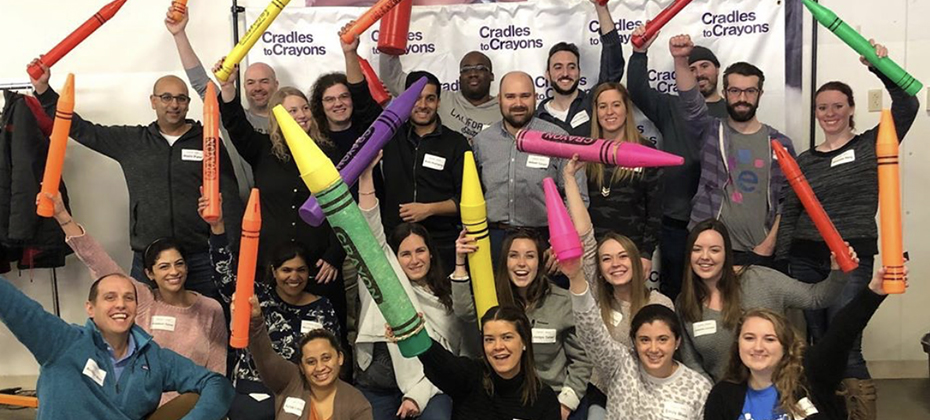
For the eighth consecutive year, the Orange County Register has named Experian as one of the Top Workplaces, with the company securing the #1 ranking for the second time in three years. The award, which is based on employee feedback in a survey of hundreds of leading companies in Orange County, recognizes our company’s culture of innovation and inclusion, and our commitment to employees and communities during the pandemic. For more than 40 years, Orange County has been at the heart of our North America operations, and as we persevere through these challenging times, we are especially honored to be recognized for our dedication to maintaining a healthy, collaborative work environment and achieving higher performance while giving back. This award demonstrates the resilience, talent and compassion of all the people who work here at Experian. Since the start of the pandemic, we have further expanded our dedication to social good by creating new opportunities to support employees and the broader community. Because we are founded on a culture of innovating through bringing together technology and data, we were able to quickly respond to COVID-19 and honor our commitment to using data for good. Maintaining company culture All our decisions are driven by our desire to lead with empathy, and ensuring our employees feel valued and protected, while simultaneously mobilizing our resources to positively impact society, creating greater levels of financial and social inclusion. Although we had technology in place to easily initiate working remotely, we supported the transition to remote working by launching initiatives dedicated to mental and physical well-being, including a COVID-19 Resource Center, enhanced sick-leave policies, increased opportunities to ensure continuity of professional development, as well as an ASPIRE to be Well guide, in partnership with our Employee Resource Groups (ERGs). Giving back Throughout the pandemic, our employees have felt compelled to help clients who were facing unprecedented and unforeseen challenges. Different groups and employees of all levels began working together to develop new products and services to help clients, customers and communities persevere. This included free credit reports for small business, adding video streaming service payments to Experian Boost, hosting #CreditChat on social media, the Experian CORE heatmap, COVID-19 U.S. Business Risk Index , Experian® Health Payer Policy Alerts and updated fraud protections through the Business Resources Website. As part of our United for Financial Health initiative, we also launched two new partnerships with non-profit organizations to empower vulnerable consumers and those marginalized by the pandemic. In collaboration with Operation HOPE, we are helping vulnerable communities improve financial health with its data, analytics, products and services. Most recently, we partnered with NAACP Empowerment Programs to offer Home Preservation Grants to African Americans at risk of losing their homes. Although COVID-19 has been a source of stress and anxiety for businesses and individuals alike, we remain committed to helping employees reach their full potential and demonstrating that values and purpose do not change in a crisis. We are honored that the Orange County Register is recognizing our tireless efforts to make a difference in the communities in which we live and work.

Almost a year worth of a global pandemic has galvanized a past of relative stability and predictability, bringing chaos and disruption and signaling a different, certainly unexpected, future. As this future unfolds, it will be the actions that business leaders and their teams take now, amidst the crisis, that will determine the fate of their organization. Navigating the current complexity and change requires the ability to effectively address the urgent needs of the present, make immediate choices, and allocate resources. The pace is fast, and actions are decisive – in fact, companies have acted 20 to 25 times faster than expected since the coronavirus pandemic started, according to McKinsey[1]. Modern decision automation facilitates technology and business strategic alignment This search for increased nimbleness and improved strategic alignment has been a recurrent topic in our conversations with clients from around the globe. What we hear is that the pandemic has boosted their search for solutions that create synergies across technology and business groups and allow for an optimal use of their IT investments. As organizations are accelerating and driving their digital transformation, they are pursuing simpler fit-for-purpose solutions to lower their costs, drive internal alignment and operational efficiencies, and help them meet and exceed all-time high customer expectations in less time. Decision automation platforms such as Experian PowerCurve bring all those elements together, taking the complexity out of the customer decision making process. This crisis has accelerated the need for automated decision management solutions that are secure, can easily scale to meet emerging needs and changes in demand, and be upgraded seamlessly to avoid getting stuck on outdated software and unnecessary long and complex IT infrastructure overhauls. That sheer need for readiness has led to more, accelerated digital transformation. McKinsey Global Survey of Executives[2] shows that companies have accelerated the digitization of their customer and supply-chain interactions and of their internal operations by three to four years. Additionally, the share of digital or digitally enabled products in their portfolios has accelerated by seven years. These findings suggest that during the crisis, companies have prioritized refocusing their offerings to solve for the needs at hand rather than made huge leaps in product development in the span of a few months. With 60% of consumers having higher expectations[3] for their digital experience than before Covid-19, businesses big and small are acutely aware they must reshape their customer journeys to come out of this crisis reinforced. That requires the ability to access and manage more data sources, more attributes, more advanced analytics faster, more easily, and through a more consistent customer experience. It ultimately requires a platform that enables decision management in a digital world. In this regard, Forrester Research states in its new report; The Forrester Wave™: Digital Decisioning Platforms, Q4 2020[4], that “Experian’s PowerCurve really shines at keeping the leaders who are accountable for business results in control of decisioning by providing transparency into the decision logic and insight into actual results.” The capability to ingest and analyze high volumes of owned, third-party, and alternative data combined with seamless and flexible customer consent and protection enables faster, more effective and accurate credit decisioning, resulting in better risk management for the organization and better outcomes from clients. Technology has been fundamental in helping weather past crises and emerge stronger each time Of the hundreds of organizations currently using our decisioning software and platforms, some are prioritizing speed, like many community banks stepping up to support consumers going through hardship in a matter of weeks. Others such as Standard Chartered leverage Experian’s credit decisioning technology and machine learning capabilities to drive financial access in underbanked communities. For global financial institutions and leading retail brands, it’s all about regaining control over how and when they deploy the most relevant credit decisions and strategies while leveraging their existing data. They especially appreciate PowerCurve’s business-user-focused tools, which have received industry recognition[5] for the way they enable organizations to design strategies, including decision logic that can leverage machine learning models pretrained on prior customer behaviors. Many found in our cloud-based pre-configured data and decisioning capabilities the best way to solve for their customers’ immediate needs. It’s the case of AU Bank in India, where they leverage our standard, ‘out-of-the-box’ applications to accelerate their own transformation and continue to redefine the banking experience for consumers in the markets they serve. Other clients with sophisticated, decision-driven business processes prefer highly configurable solutions for their business-users to help them address specific needs. Personally, I feel energized by this challenge and excited about our commitment to helping more businesses find new ways to meet and exceed today’s consumer demands. Through our decisioning platform, organizations can listen to their customers, adapt their business models, adjust their offerings and innovate to drive a strong top line so they are better positioned down the road to recovery. Our decisioning solutions span the entire customer lifecycle and are used by credit and risk managers as well as developers to increase the knowledge about customer and market needs and be ready to solve today’s challenges and take on tomorrow’s opportunities. 1 McKinsey Global Survey of Executives, October 2020. 2 How COVID-19 has pushed companies over the technology tipping point—and transformed business forever. https://www.mckinsey.com/business-functions/strategy-and-corporate-finance/our-insights/how-covid-19-has-pushed-companies-over-the-technology-tipping-point-and-transformed-business-forever 3 Experian Global Insights Report September / October 2020 https://bit.ly/GIR_sep-otc 4 The Forrester Wave™: Digital Decisioning Platforms, Q4 2020 5 Experian’s profile, The Forrester Wave™: Digital Decisioning Platforms Q4 2020” Report.

There’s no question the COVID-19 pandemic is contributing to a unique 2020 holiday season, but there are consistent truths that remain when it comes to the holidays and personal finance. While the season is known for being merry and bright, sadly, financial challenges and stress are equally common for many this time of year. According to our latest holiday spending survey, 60% of consumers feel stressed about their finances during the holiday season and half feel the extra expense of the holidays makes them hard to enjoy. More than half (52%) say COVID-19 has caused credit or financial barriers which are preventing them from doing their shopping the way they had planned. At the same time, 62% agree holiday shopping puts a strain on their finances. In an effort to alleviate some of the financial stress some may be facing, I wanted to share three ways you can protect your financial health this holiday season and prepare for a financially healthy new year: Start with a budget and a plan. It’s easy to lose track of spending and take on unexpected debt during the holidays, which is why creating a budget is an important first step to protect your financial health. Experian research shows the average American plans to spend $775 on holiday gifts this season, but your holiday budget will depend on your unique financial situation. Outline how much you can realistically afford to spend and try to factor in expenses that are sometimes overlooked, which can be a challenge. In fact, our research found four out of five consumers often run into unexpected expenses they hadn’t planned for, including buying unexpected gifts (25%), gift wrapping supplies (25%) and mailing costs for sending gifts (21%). Once you’ve outlined your budget, creating a plan for who you need to shop for and where you’re going to shop can be a helpful next step. Our survey showed 62% of consumers plan to shop more online this year due to COVID-19. If you’re planning to do more shopping from the comfort of your home this year too, tracking online sales and promotions can help you save money, and factoring in shipping costs can help keep your holiday budget on track. Setting a budget and sticking to it, and having a shopping plan to avoid impulse buying will help keep you from falling victim to the pressure of overspending around the holidays. Use credit as a financial tool. Over half of shoppers say they will use credit cards and not cash when holiday shopping. This is an 8% increase from 2019. While using credit wisely is important all year, this is especially true around the holidays. The key is strategic use of credit – whether using a card that provides low interest, rewards points, or cash back – to improve the shopping experience and stretch your dollars. Over a quarter of people say they plan to open a new credit card for the holiday season, which is a 5% increase year-over-year. The top reasons for wanting to open a new card include seeking a promotional no annual percentage rate (APR) credit card, wanting to get a retail store discount, and maximizing spending by getting a card with cashback rewards. If you’re considering applying for a new credit card, improving your credit score can help you take advantage of the best credit offers this holiday season. Experian Boost allows you to get credit for paying your telecommunications, cell phone, utility bills, and streaming services payments on time. More than 4.9 million consumers have connected to the service since March of 2019 and about 61% of those who use Experian Boost see their scores improve. When you’re ready to explore credit card options, Experian’s free Credit Match program can help you find personalized credit card offers based on your unique credit history. Remember, credit is a financial tool, debt is a financial problem. Debt you can’t repay will certainly bring down one’s holiday spirit. If you don’t have a plan for paying off your credit card, using credit may not be a good idea. Protect your identity. The holidays may be the riskiest time of the year when it comes to identity theft and credit fraud. Identity thieves of all sorts are aware that consumers spend significantly more during the holiday season. While many of us are hunting or scrolling for the perfect gifts for friends and family, fraudsters are hard at work too. The number of consumers surveyed who have been identity theft victims during past holiday shopping seasons jumped to 24% from 12% in 2019. The holidays are always a ripe time for cybercriminals with the increased online traffic and this is especially true against the backdrop of COVID-19. To protect yourself from identity theft while shopping online, avoid using public WiFi networks, create strong passwords for your online accounts, and only shop on secure websites you are familiar with. If you are shopping at a store, be sure to cover your credit card information when you enter it, or your personal information if you are applying at the point of sale. Shoulder surfers can use their phones to take a quick photo or video to steal your identity. Also avoid leaving your purse or wallet, or any documents in your car. Identity thieves stalk parking lots looking for opportunity that is just a broken window away. Credit cards offer more protection for both online and in-person purchases than your debit card or cash, so consider using credit for your purchases. If fraud occurs, the money is not gone from your checking account and you can file a claim with your card issuer. Pay the balance in full right away to avoid interest charges. Checking your credit report often can help you spot fraudulent activity. You can get a free credit report from all three bureaus at AnnualCreditReport.com through April 2021. Identity theft monitoring is an easy way to monitor your financial accounts and credit report to identify possible fraud such as a credit card account opened in your name. While the holidays may look a little different this year when it comes to protecting your financial health the same rules still apply. For more information about how to protect your credit history in 2020 and beyond, visit www.askexperian.com or join our weekly CreditChat every Wednesday on Twitter at noon PST/3 p.m. EST.

At Experian, our mission is to increase financial inclusion by empowering consumers. Through our corporate responsibility work, we have always been committed to using our resources to help more people improve their financial health through non-profit partnerships, data analytics, products and services, volunteering and educational programmes. Now, we have an opportunity to reach even more people in hugely underserved communities. Experian has launched the global United for Financial Health project to empower vulnerable people to improve their financial health through education and action. Through the United for Financial Health programme, Experian is partnering with non-profit organizations across the globe to deliver tools and resources to help those affected the most, and certainly, COVID-19 has amplified the need. We have already launched our first three partnerships in the U.S: Operation HOPE – an organisation whose aim is to uplift disenfranchised youth and adults from poverty to thriving in a credit ecosystem. One of the goals of the partnership is to help ethnic minority groups who are struggling to raise and sustain a 700-credit score or higher. By helping people raise their credit scores we can shift their mindset from one of “survival” to “thriving” and make a real difference in their lives. For some, a higher score may mean the ability to purchase a new car, have a credit card, own a home, or simply save money for their family. Black Girl Ventures – a non-profit that advocates for Black and Brown women entrepreneurs and their small businesses. Our partnership will provide financial resources to help scale its BGV Style Pitch Competition and Amplify BGV Programs and we are a proud sponsor of BGV’s new weekly podcast, “From Hustling to Handling, How to Stay in Business.” Together, we will curate entrepreneurial education content to assist a broader audience with knowledge and best practices related to financial literacy and wealth management. NAACP Empowerment Programs – part of the largest and most pre-eminent civil rights organization in the U.S. Our partnership creates The Home Preservation Grant, which will provide grants to African American homeowners at risk of losing their homes because of COVID-19-related hardship. In the UK, we are delighted to launch a new partnership with the charity National Numeracy. Numeracy is the strongest predictor of a person’s financial literacy and is therefore crucial to their financial health. However, poor numeracy is widespread, and disproportionately affects low-income communities where people are most at risk of marginalization from the COVID-19 pandemic. Thankfully, confidence and competence with numbers is within everyone’s grasp, with the right support. Working together, we can inspire and support over 60,000 people to take positive steps towards building their confidence and competence with numbers, helping many of those most affected by this crisis take their next step towards improved financial health. We have already made good progress in a relatively short space of time and will continue to invest our energy into building further partnerships to reach more people in need of support. This is just the beginning of our journey, but we are confident that we can make a huge difference to millions of people in communities across the globe.

I still remember buying my first home in Southern California in my mid 20’s. After going through countless open houses and unfamiliar living rooms, I found a home that met my needs. I decided to take the plunge, put an offer in, and hope for the best. It was a roller coaster of emotions – excitement, fear, joy, and pride. Owning a home is considered a mark of financial achievement. It not only builds generational wealth but also contributes to the generational vibrancy of communities. For many, the COVID-19 pandemic has pushed that dream further out of reach or threatened to take it away. That’s why we are thrilled to announce the launch of the Home Preservation Grant. We are partnering with the NAACP Empowerment Programs for this pilot program, which will provide up to $10,000 in grants to select African American homeowners at risk of losing their homes because of COVID-19-related hardship. The Home Preservation Grant is part of our United for Financial Health program here at Experian, which aims to empower and protect vulnerable consumers to improve their financial health through education and action. For this pilot, we are targeting homeowners in the Atlanta, Ga. area and we plan to expand the program to other cities across America in the future. The application process is open now and ends on December 8. Grant recipients will be announced on December 14, providing what we hope will be some much needed relief in time for the holidays.
